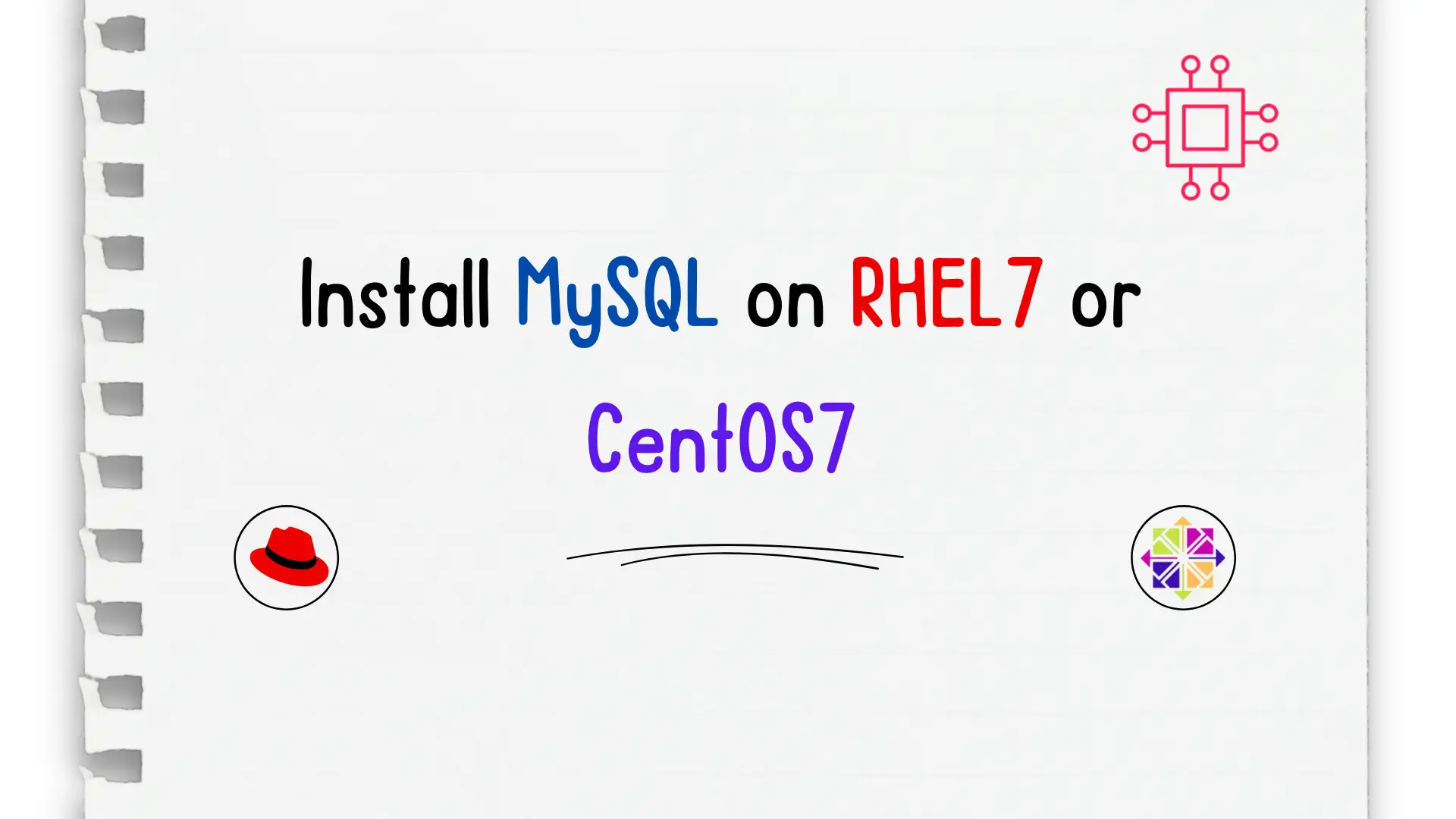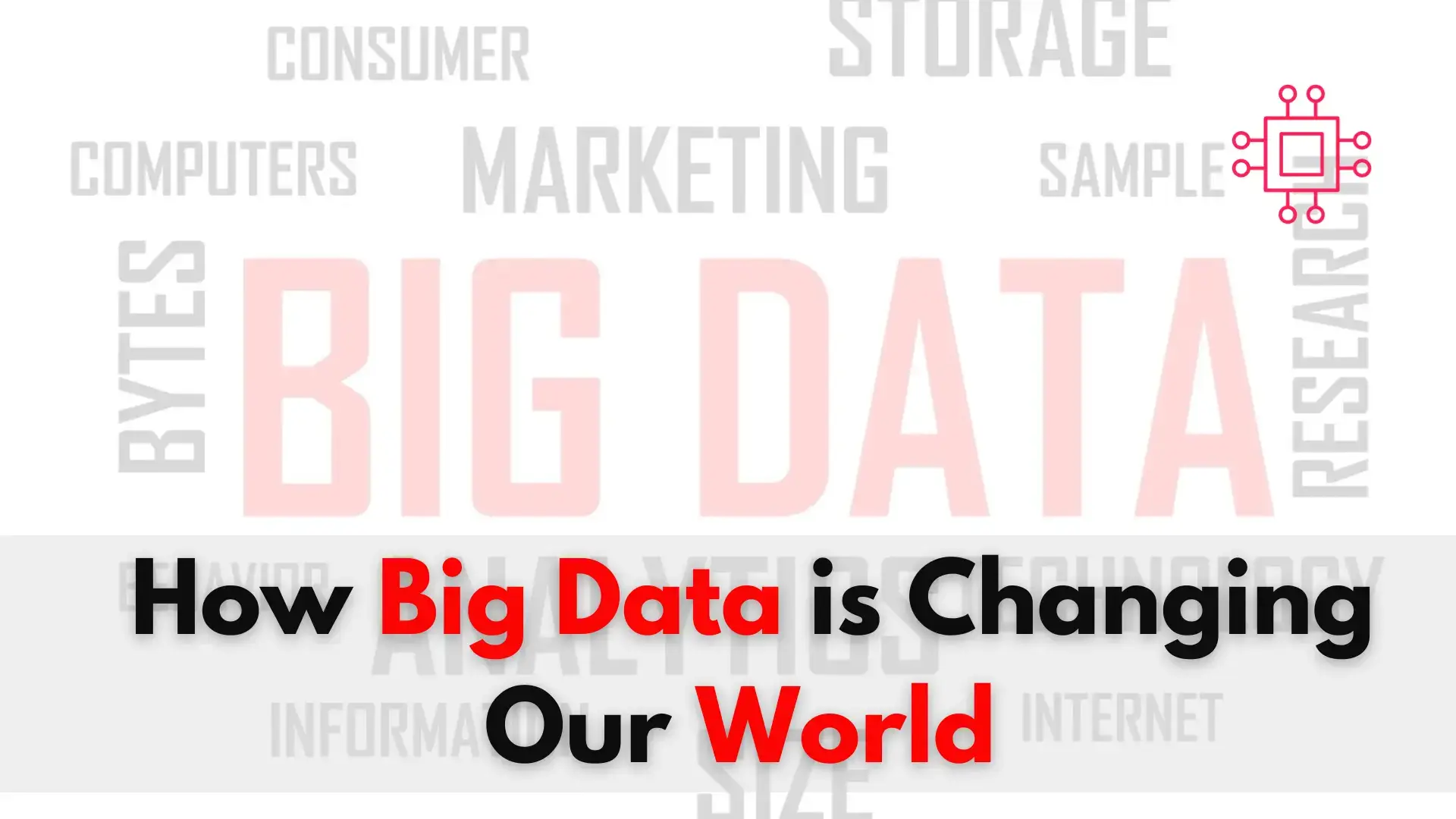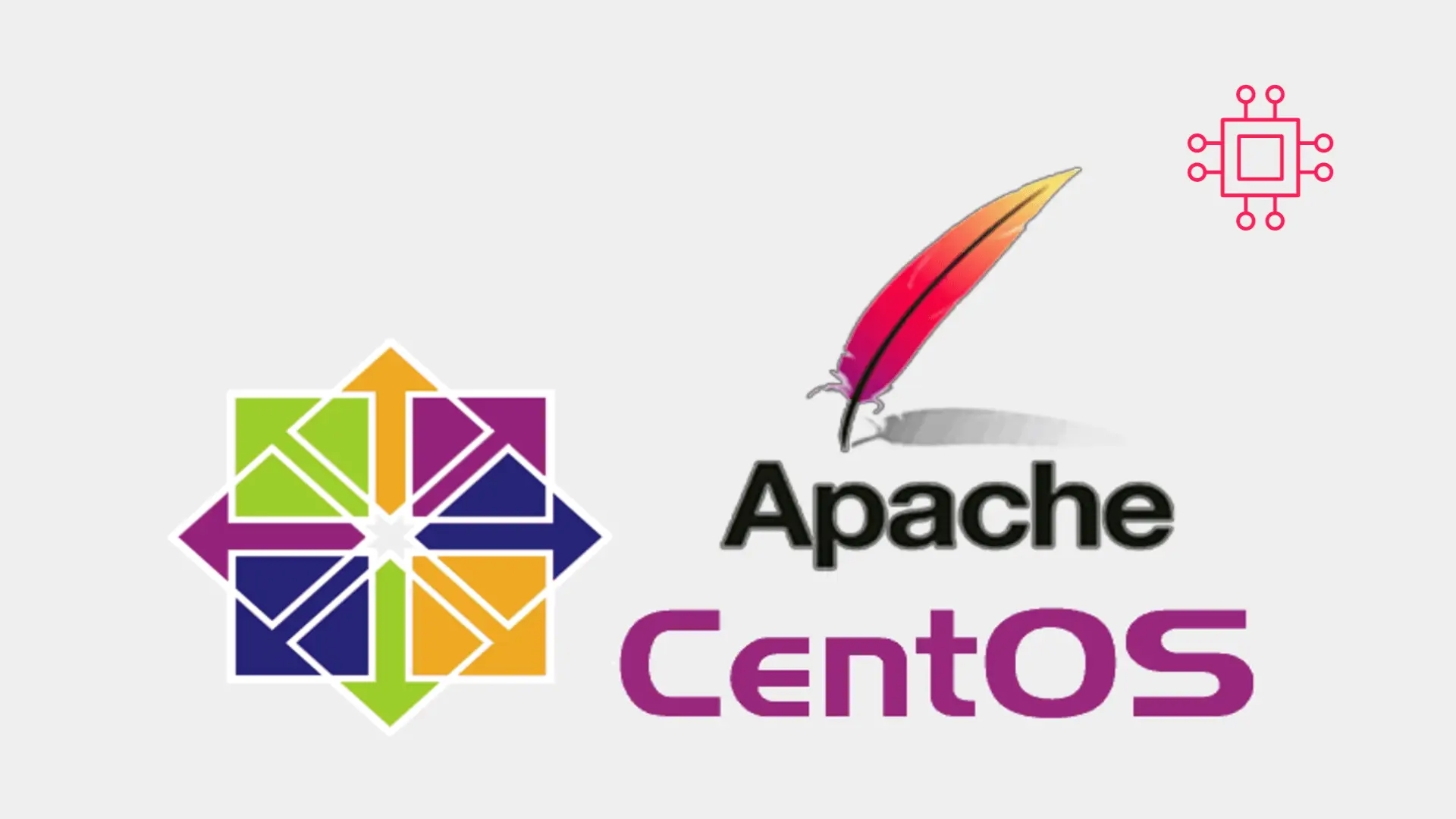
Unlock the power of relational databases and streamline your data management processes by discovering how to easily install MySQL on CentOS – a must-know skill

Linux professionals can unlock new career opportunities and stay ahead of the curve by harnessing the power of big data, a transformative technology that is changing our world.
Big data is a rapidly growing field that has transformed the way we store, process, and analyze large amounts of data. The rise of big data has opened up new opportunities and challenges for businesses, governments, and individuals. This article will provide a step-by-step guide on how big data is changing our world, and how Linux professionals can leverage big data technologies to stay ahead of the curve.
The first step in understanding big data is to define what it is. Big data refers to the large and complex data sets that cannot be processed using traditional data processing techniques. Big data typically involves terabytes, petabytes, or even exabytes of data that are generated from various sources such as social media, sensors, and internet of things (IoT) devices.
Big data is changing our world in several ways. For example, big data is transforming the way we do business. Companies can now use big data analytics to gain insights into customer behavior, market trends, and product performance. Big data is also being used in healthcare to improve patient outcomes by analyzing large amounts of patient data.
In addition, big data is being used in the public sector to improve government services and operations. For example, cities are using big data analytics to optimize traffic flow and reduce congestion. Big data is also being used in law enforcement to predict crime patterns and allocate resources more efficiently.
To take advantage of big data, Linux professionals need to have an understanding of the big data technologies that are available. These technologies include:
The rise of big data has created a high demand for professionals with expertise in big data technologies. Linux professionals can take advantage of this demand by acquiring skills in big data technologies such as Hadoop and Apache Spark.
Some of the career opportunities in big data include:
To get started with big data, Linux professionals can take the following steps:
While big data presents numerous opportunities, it also comes with several challenges. Some of these challenges include data security and privacy, data quality, and managing the complexity of large data sets. Linux professionals need to be aware of these challenges and have strategies in place to address them.
Big data and machine learning are closely linked. Machine learning algorithms are used to analyze large data sets and extract insights. Linux professionals can expand their skill set by learning machine learning algorithms and how they can be applied to big data.
Cloud computing has revolutionized the way we store and process data, and big data is no exception. Cloud computing providers offer scalable and cost-effective solutions for storing and processing large data sets. Linux professionals can gain expertise in cloud computing platforms such as Amazon Web Services (AWS) and Microsoft Azure to leverage big data technologies in the cloud.
Data visualization is an important aspect of big data analysis. Visualizing large data sets can help identify patterns and trends that may not be apparent from raw data. Linux professionals can learn data visualization techniques and tools such as Tableau and D3.js to create insightful visualizations of big data.
As big data becomes increasingly important in our world, it’s important to consider the ethical implications of its use. Linux professionals need to be aware of the potential biases and ethical issues that can arise from the use of big data, such as privacy violations and algorithmic discrimination. Understanding ethical considerations is crucial in ensuring that big data is used responsibly and ethically.
Big data is changing our world, and Linux professionals can take advantage of this change by acquiring skills in big data technologies. By understanding the basics of big data, the impact it has on our world, the technologies used to handle it, the career opportunities it presents, and the steps to get started, Linux professionals can stay ahead of the curve and become experts in big data.
Related Posts

Unlock the power of relational databases and streamline your data management processes by discovering how to easily install MySQL on CentOS – a must-know skill

In this article, we review how to install VSCode on CentOS 7, providing step-by-step instructions to ensure a seamless setup of the Visual Studio Code

Looking to establish a reliable and secure web presence? Learn how to Install Apache web server on CentOS and unlock the potential of your website
